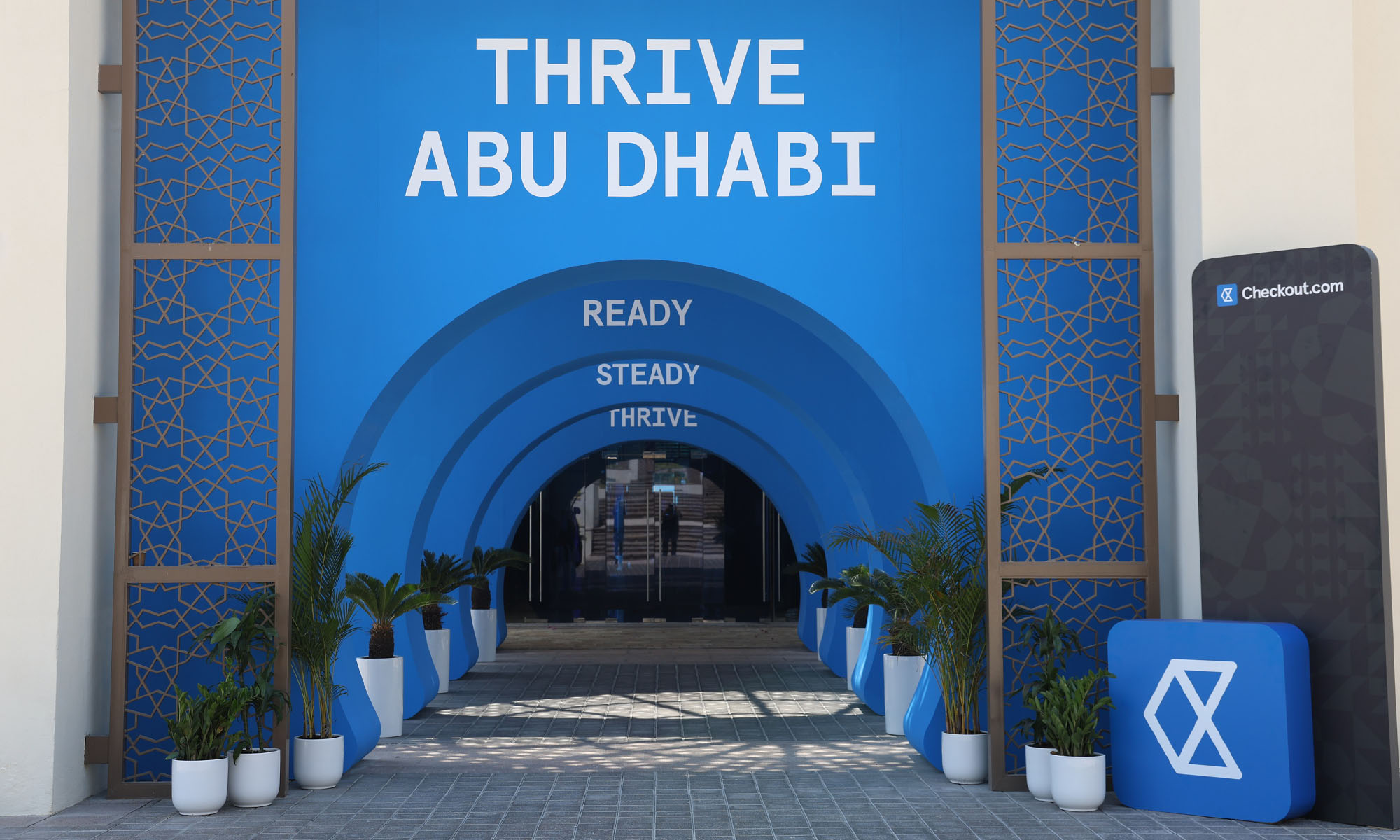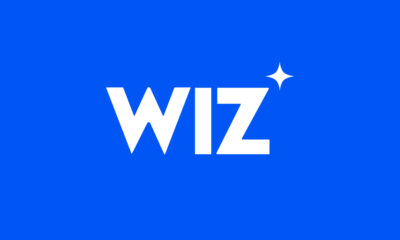News
The Top 10 Worst Cyberattacks In The Middle East Revealed
Cybersecurity firm Positive Technologies has published a list covering the last 18 months of activity.

Over the last year and a half, the Middle East has witnessed a significant rise in cyberattacks, especially those posing a serious threat to organizations across the region.
Fedor Chunizhekov, Information Security Analyst at Positive Technologies, who compiled the list, explained, “The threat to the Middle East is very much real. Rapid advancement in technology and the growing independence on the internet means that attackers have novel and innovative ways to exploit vulnerabilities”.
Let’s check out some of the region’s worst attacks in the last 18 months:
Adalat Ali
In early 2022, Iranian hacktivists Adalat Ali successfully broadcast a 50-second message on streaming service Telewebion calling for further protests against the ruling Khamenei regime.
Bezeq And Cellcom DDoS Attack
In March 2022, a state of emergency was declared after a prolonged DDoS attack leading to Israeli government agencies, including the Ministry of Health, Internal Affairs, Prime Minister’s Office, and several major media outlets losing access to various services.
Public Address Systems In Palestine
In June 2022, public address systems in Jerusalem and Eilat were compromised by unnamed hackers, leading to false air raid sirens being broadcast for an hour.
Iranian Steel Plants Attack
Again in June 2022, an attack on three Iranian steel plants by hacktivist group Goneshke Darande disrupted processes leading to a liquid pig spillage resulting in a fire that halted production.
GamkenBot Scalper Bots
Attackers created bots that found and booked all available appointments using the Israeli booking service GamkenBot, before monetizing them and generally disrupting the service.
Cellebrite Data Breach
Israeli digital data firm Cellebrite was hacked to the tune of 1.7 TB of files in a massive data breach. The files contained all manner of proprietary backup software and other important information. No one has yet claimed responsibility for the attack.
Iranian News Agency Attack
A group of hacktivists known as Black Reward Team stole around 250 TB of confidential information from Iran’s state-run Fars News in November 2022. The group also gained access to CCTV footage.
Vice Society Attack On IKEA
Ransomware group Vice Society targeted IKEA in Morocco and Kuwait in November 2022. The outlets experienced a data breach that was thought to have been facilitated through phishing emails.
Pro-Palestine Attacks On Israeli Companies
In January, the hacktivist group Electronic Quds Force launched a campaign targeting Israeli chemical production companies. Messages sent to employees told them to “Leave employment and look for a new one”. The hackers also uploaded screenshots of automated control system interfaces on their Telegram channel, proving the plant was compromised.
Irrigation System Disruption
Farm irrigation systems and wastewater treatment in the Jordan Valley were targeted by what appears to have been OpIsrael, an anti-Israel hacktivist team. The attack was successful due to weak authentication and vulnerabilities in programmable controllers, allowing the attackers to gain remote access.
In light of such a severe spate of attacks, Positive Technologies urges companies to adopt the latest technologies and security techniques to safeguard data and networks against increasingly sophisticated hacking.
News
Checkout.com Set To Launch Card Issuing In The UAE
The payment service provider’s expansion is a first-of-its-kind investment and could reshape digital transactions across the region.

Checkout.com is laying the groundwork to become the first global payments platform to introduce card issuing in the United Arab Emirates — a move that could reshape how businesses in the region manage financial transactions.
The company plans to roll out its domestic card issuance offering in the UAE by 2026, subject to regulatory approval. The launch would give businesses the tools to issue both physical and virtual branded cards. This, in turn, opens up new ways to reward customers, streamline expense processes, and handle B2B payouts efficiently.
Checkout.com’s CEO and Founder, Guillaume Pousaz, revealed the plans during Thrive Abu Dhabi, the firm’s debut conference in the Emirates. Joined on stage by Remo Giovanni Abbondandolo, General Manager for MENA, Pousaz presented to an audience of over 150 partners and merchants at Saadiyat Island. Also in attendance was H.E. Omar Sultan Al Olama, the UAE’s Minister of State for Artificial Intelligence, Digital Economy, and Remote Work Applications.

Abbondandolo highlighted the strategic importance of the announcement: “As a global business, we focus on bringing products to markets that our customers want and need. Today’s announcement is proof of our commitment to the MENA region and its rising influence in the digital economy. The appetite for innovation here is real, and we’re proud to be building the infrastructure that powers it”.
One early adopter of Checkout.com’s UAE acquiring services is Headout, a travel experiences marketplace, which recently named the payment provider as its main partner in Europe. The company has already begun card issuing there and is keen to expand that offering into MENA once approval is granted.
The expansion of services in the UAE and beyond builds on Checkout.com’s track record in the region. It was the first global payments firm to secure a Retail Payment Services license from the UAE’s Central Bank and was instrumental in rolling out Mada and Apple Pay in both the UAE and Saudi Arabia.
Also Read: Protecting Your WhatsApp Account From Hackers: Kaspersky Expert Tips
The firm has also been rolling out new products: One of the latest is Flow Remember Me, currently in beta testing. It allows shoppers to store their card information once and access it across Checkout.com’s entire network, potentially cutting checkout times by up to 70%.
Earlier this year, Checkout.com also introduced Visa Direct’s Push-to-Card solution in the UAE, enabling both domestic and international payouts. Its collaboration with Mastercard has grown as well, making it easier for businesses to send funds directly to third-party cards securely and quickly.
With regional tech ambitions on the rise — spurred by initiatives like Saudi Arabia’s Vision 2030 and the UAE’s 2031 Agenda — Checkout.com sees its role as one of a key enabler. “Our mission is to help ambitious businesses navigate the complexity of payments, so they can move faster, go further, and make the most of every opportunity,” said Abbondandolo. “In MENA, performance is personal. It’s local. It’s built on trust. And when payments perform, businesses thrive”.

























